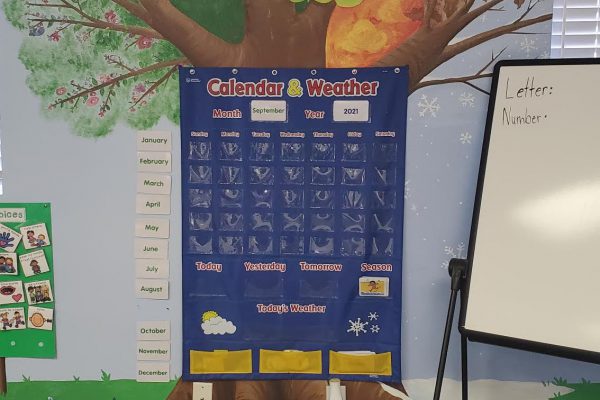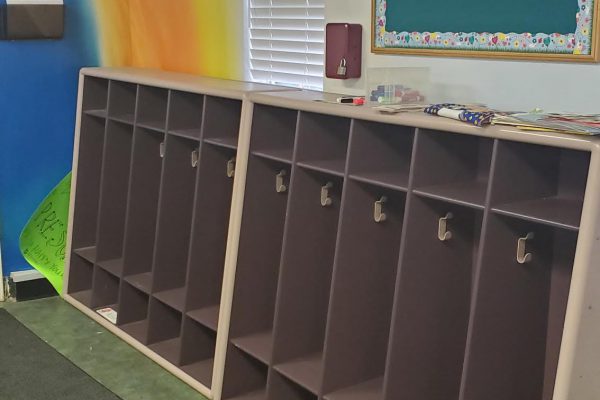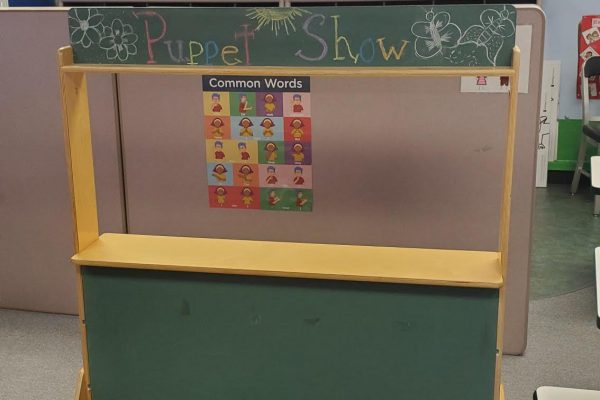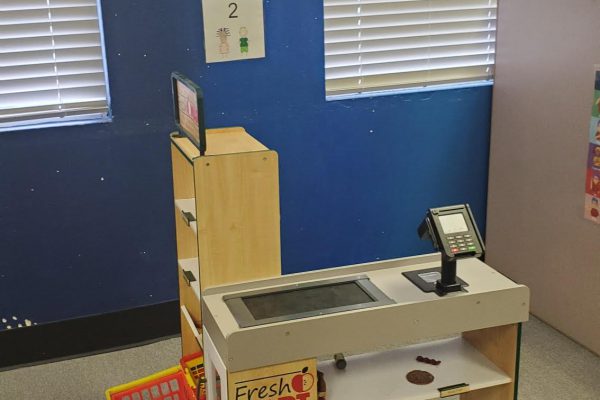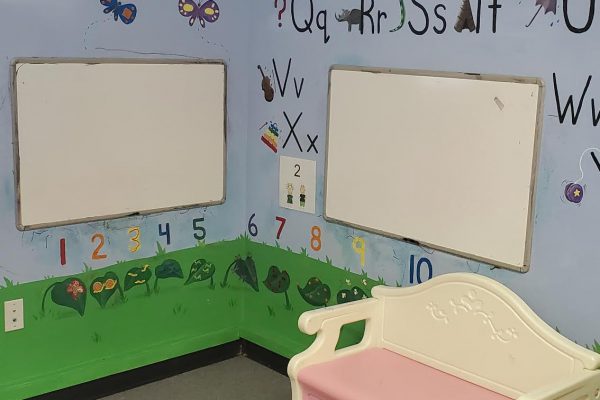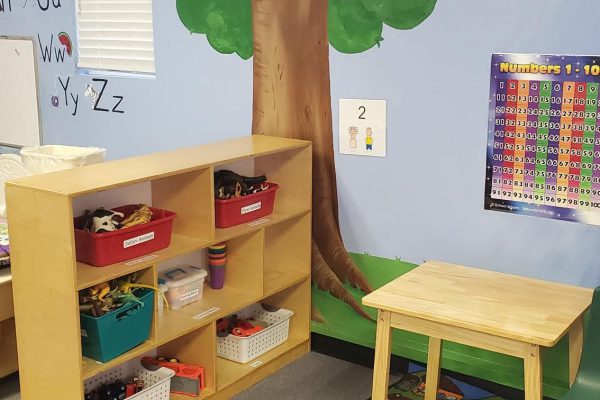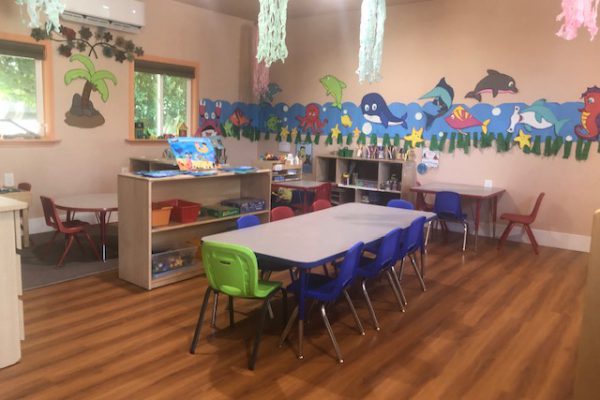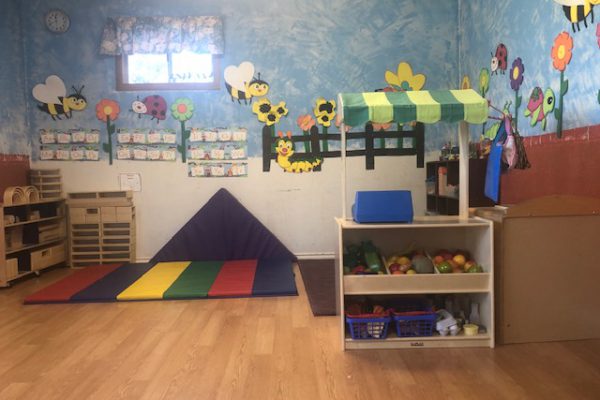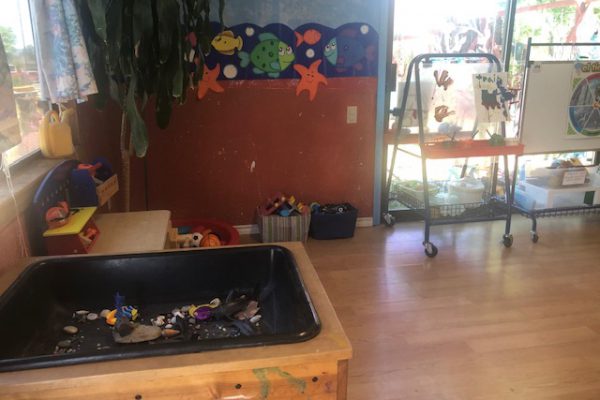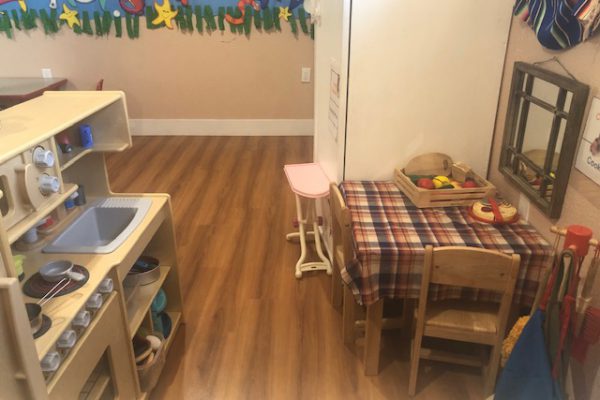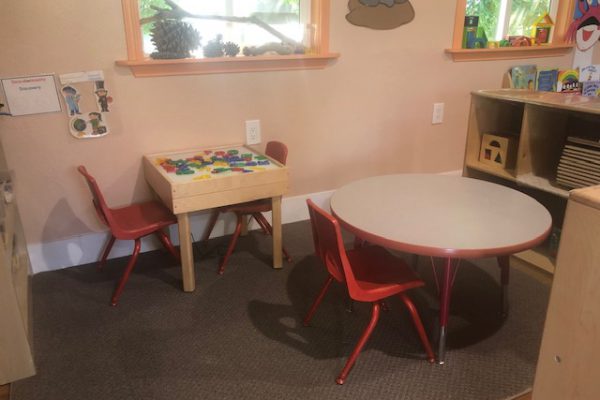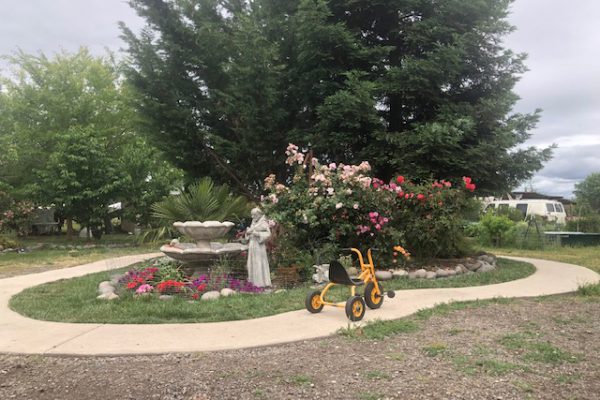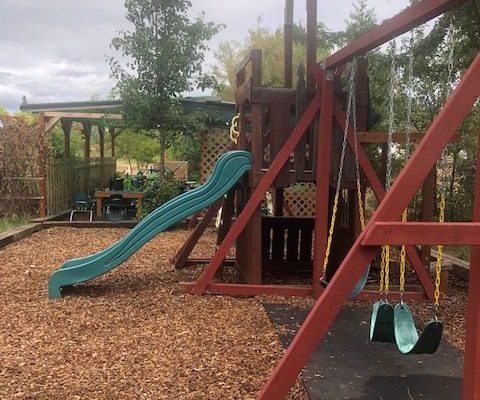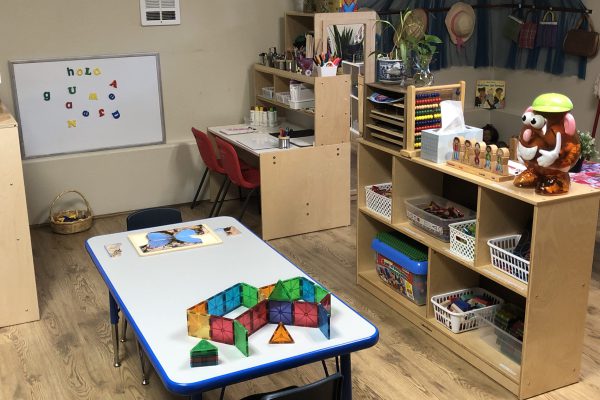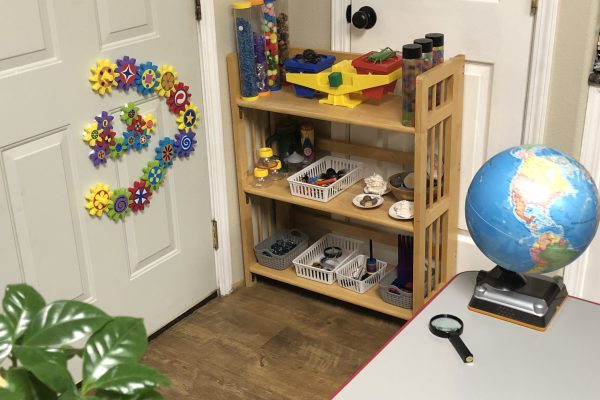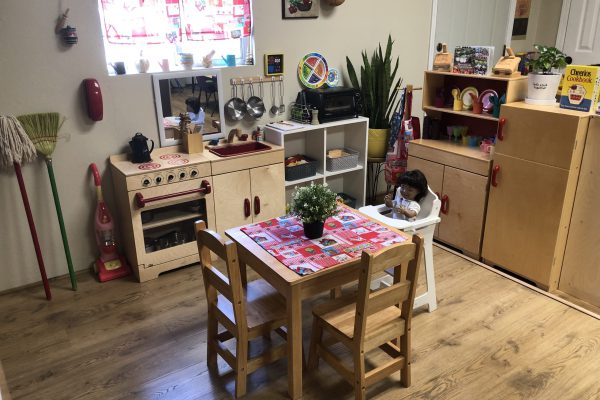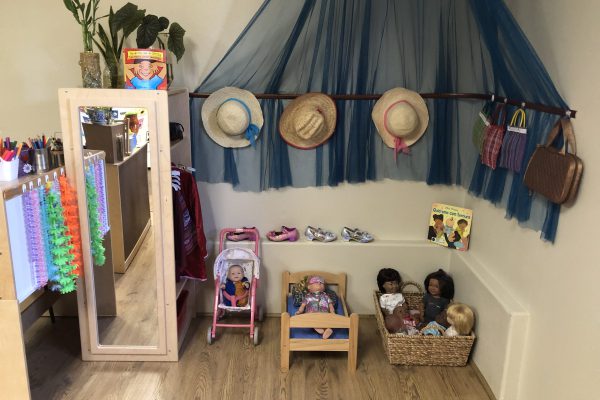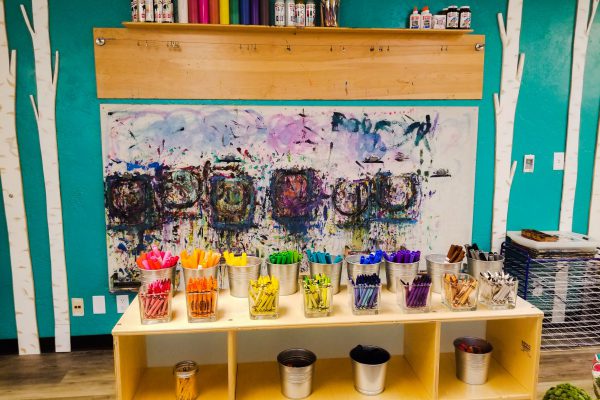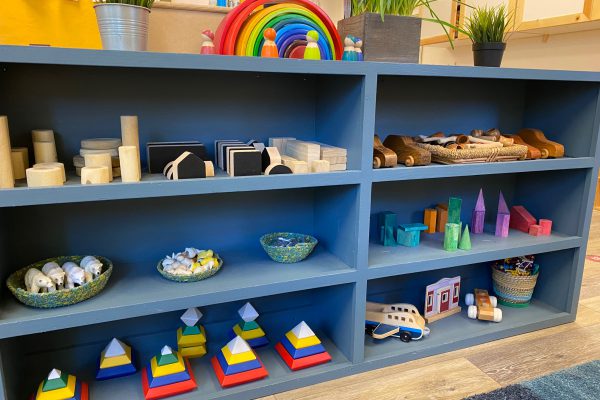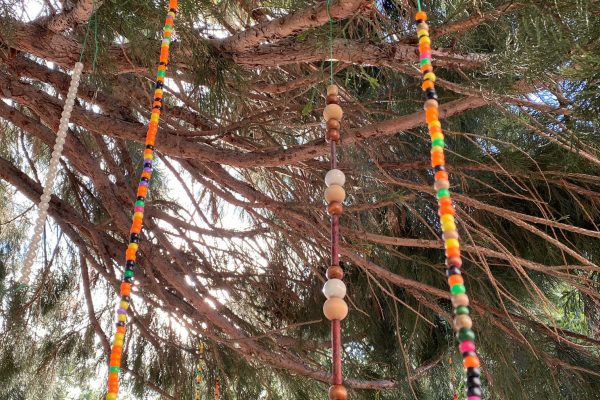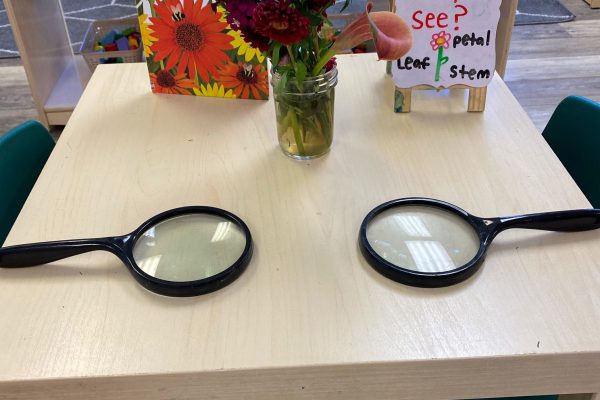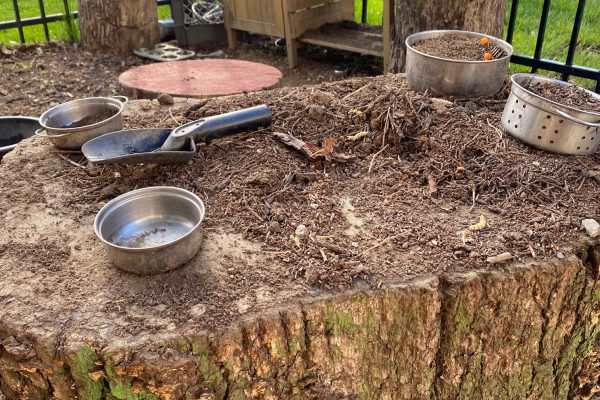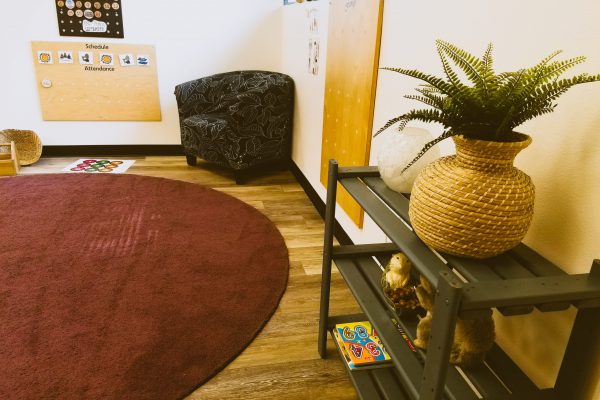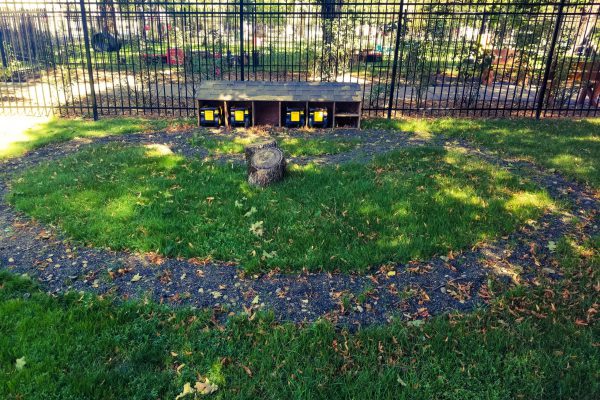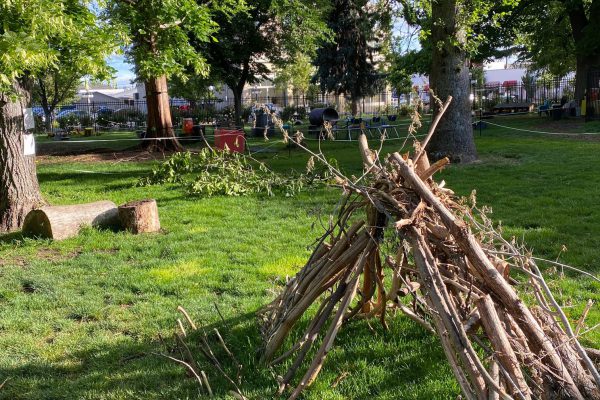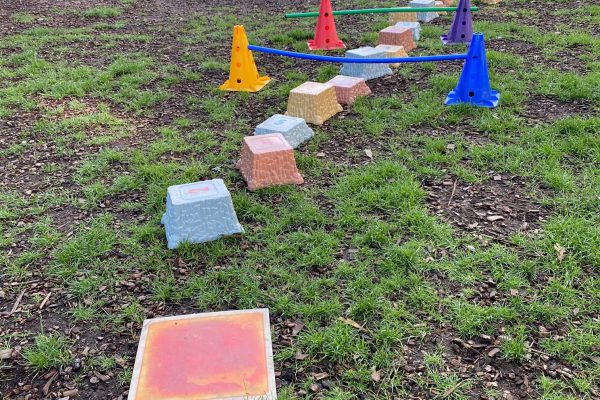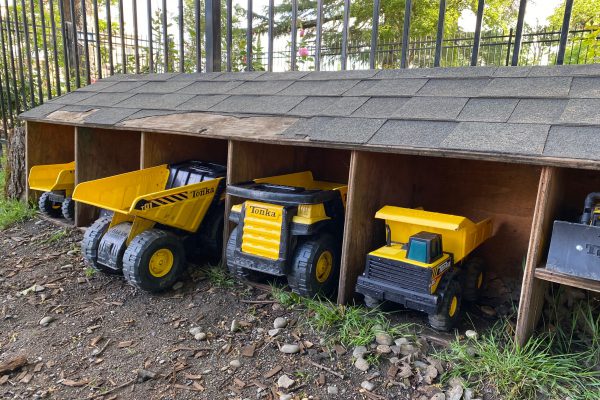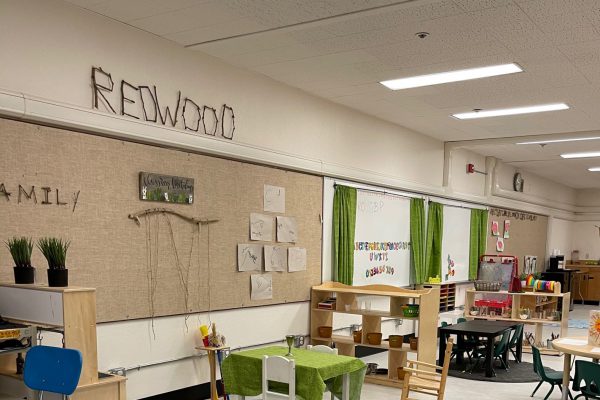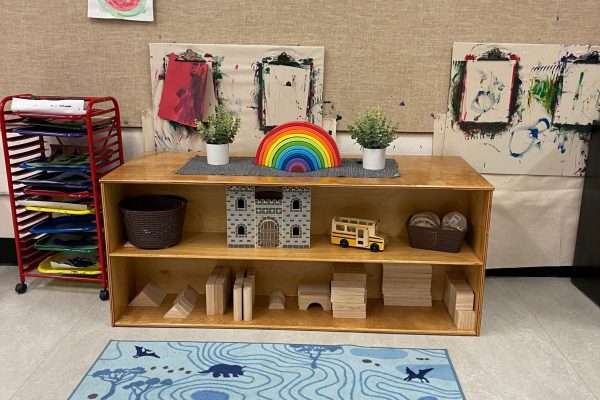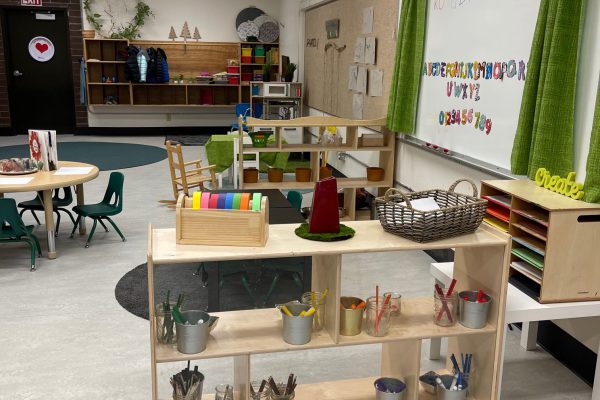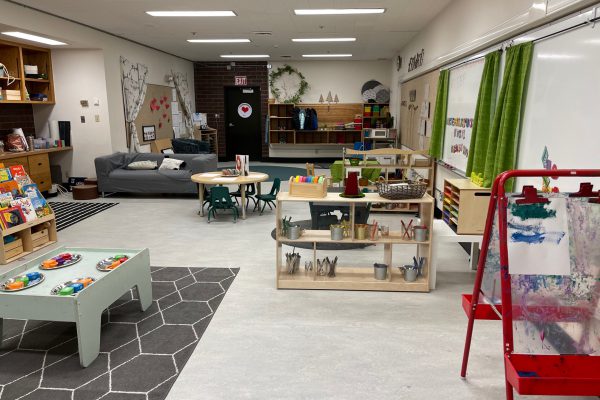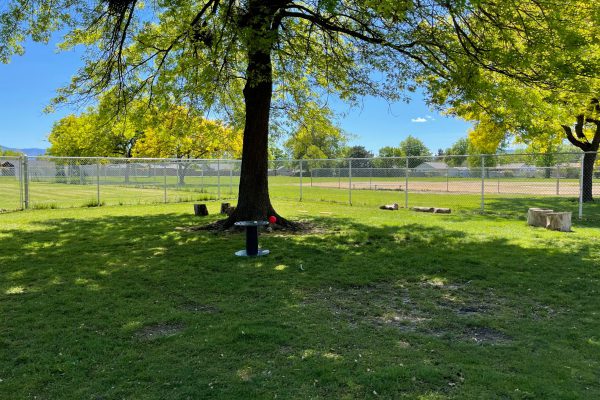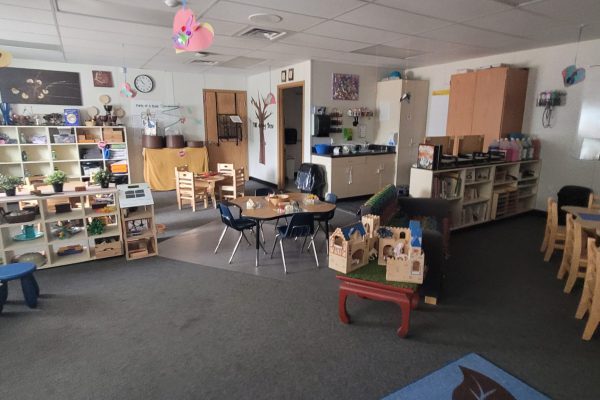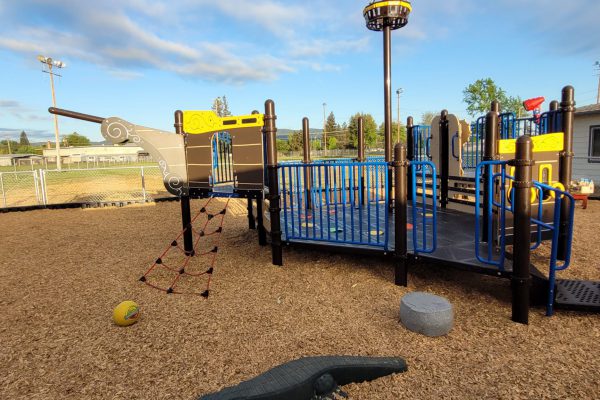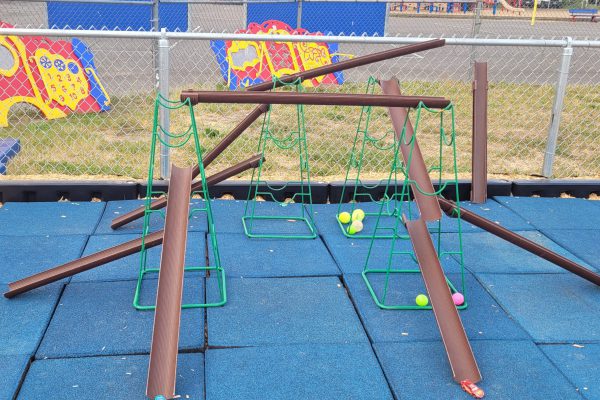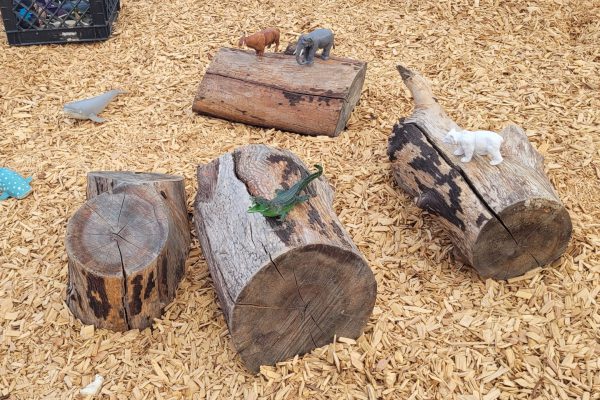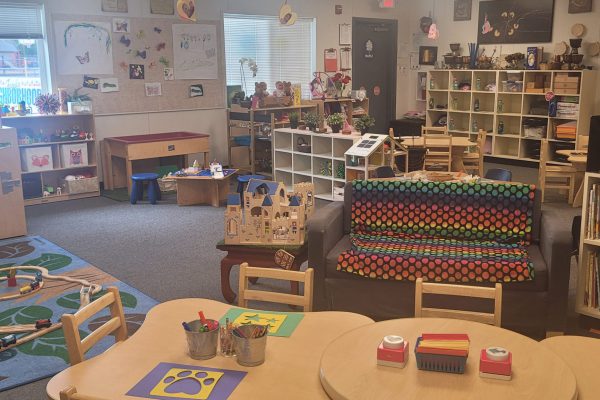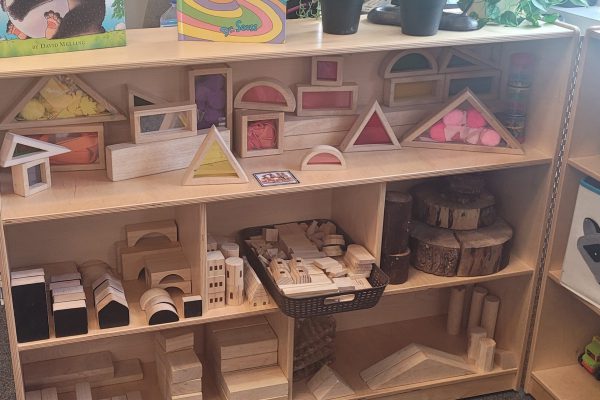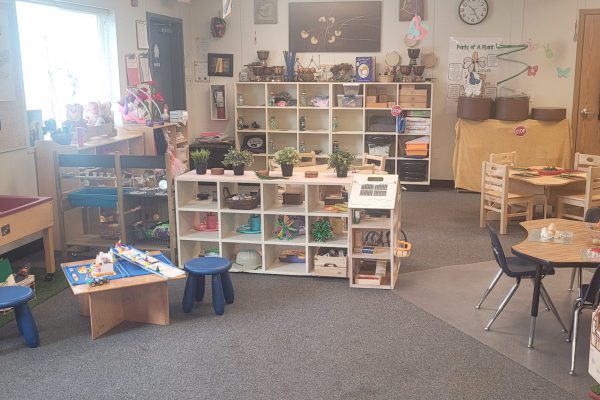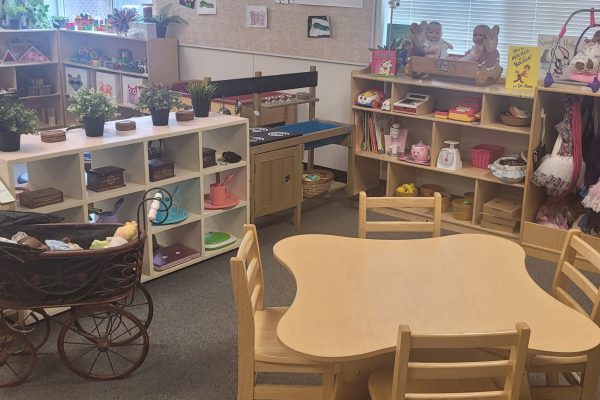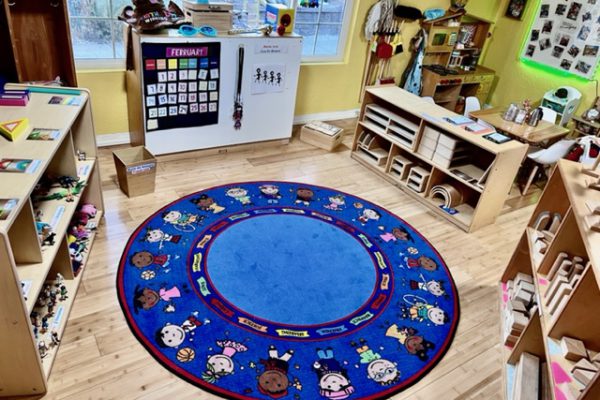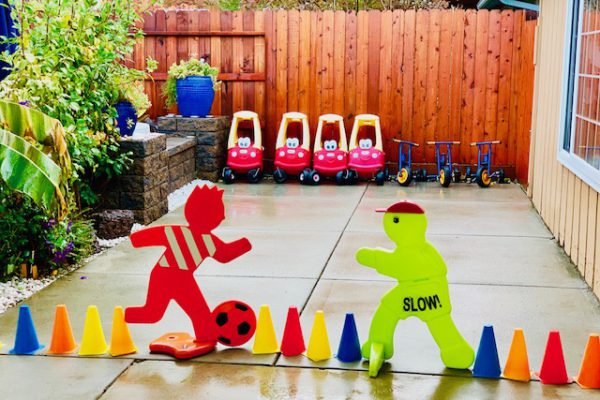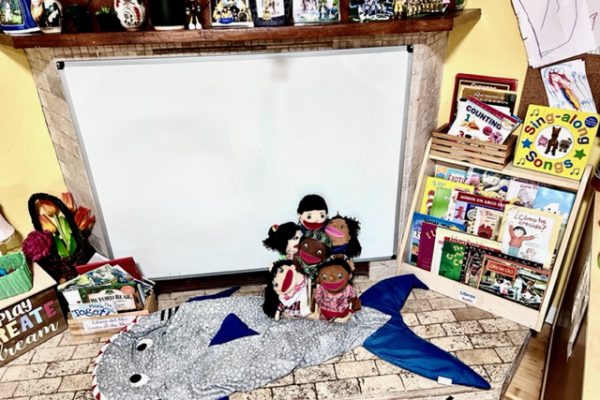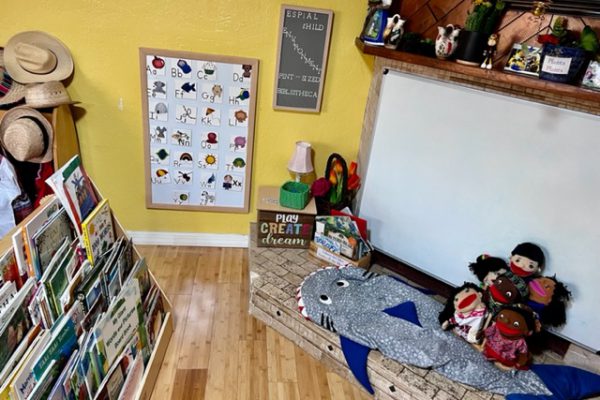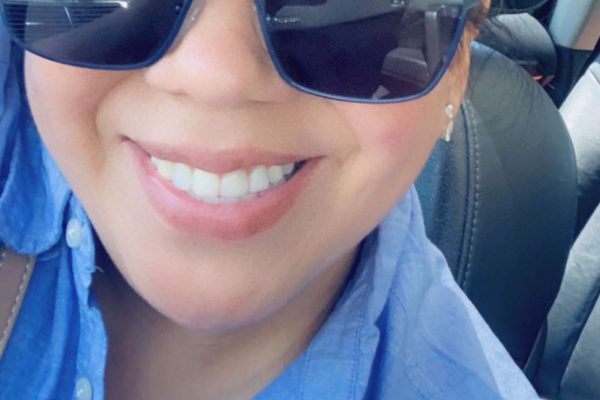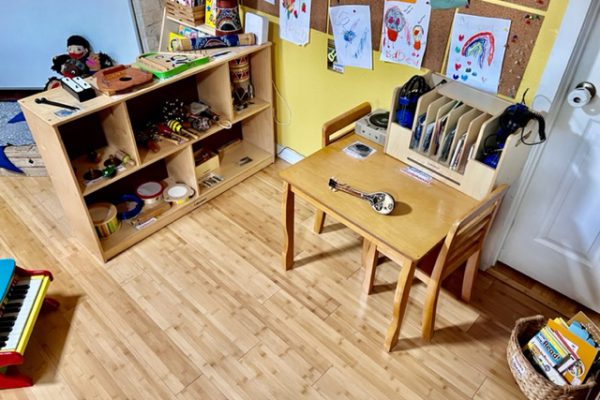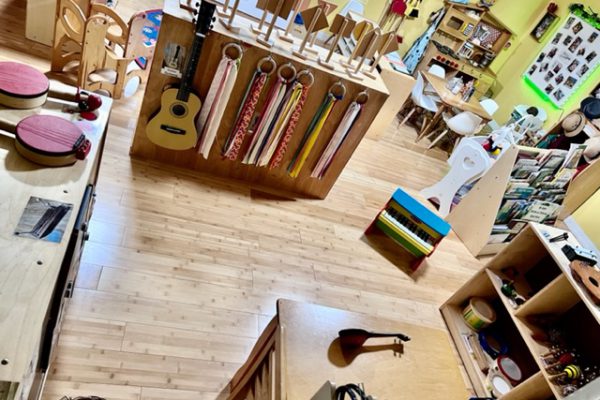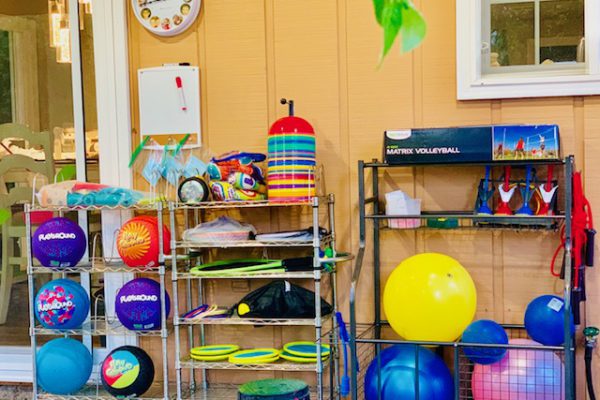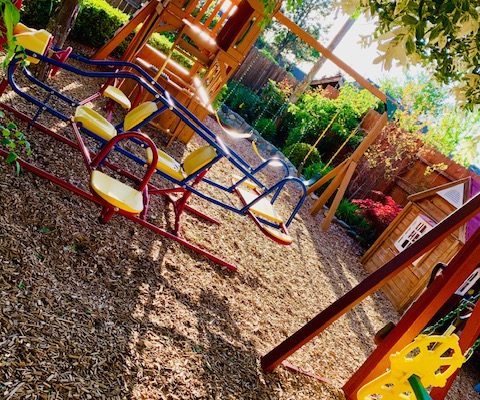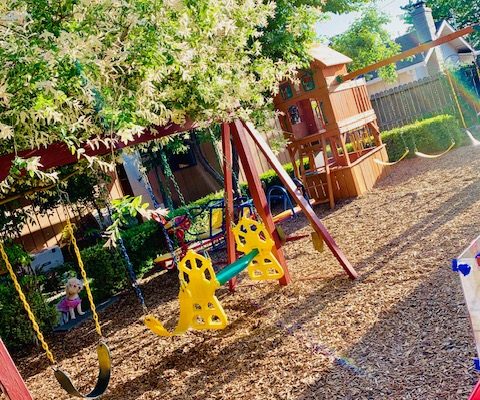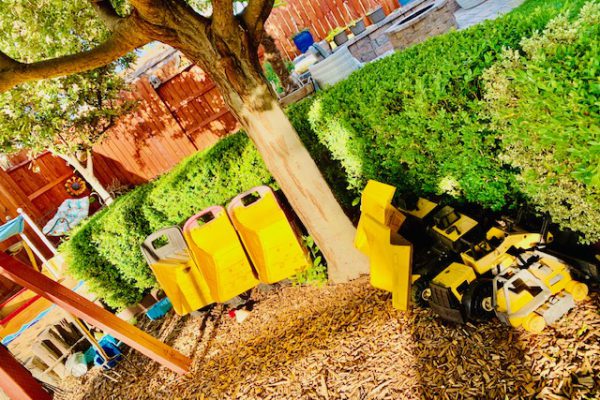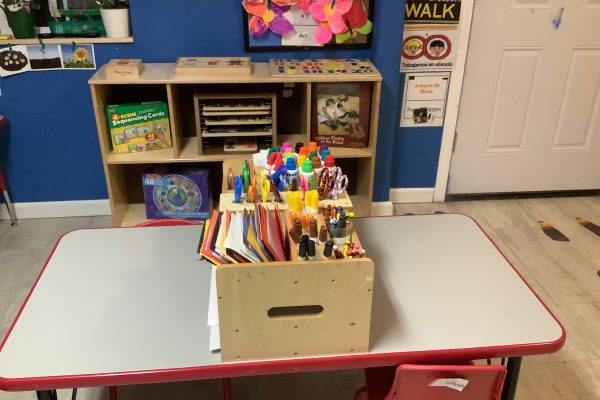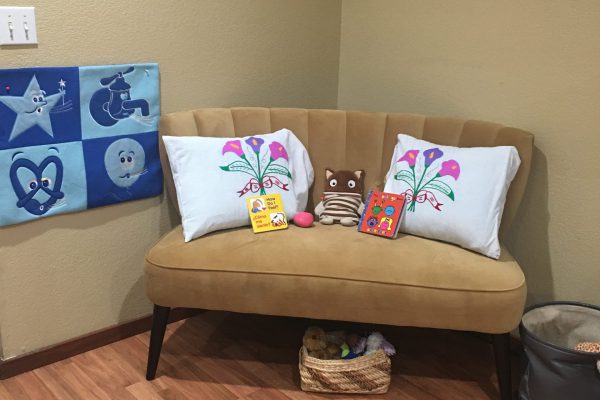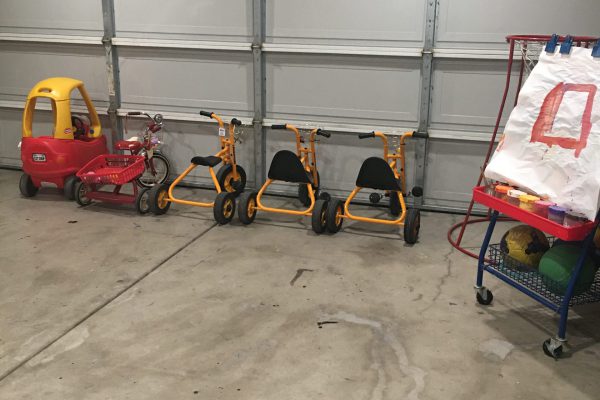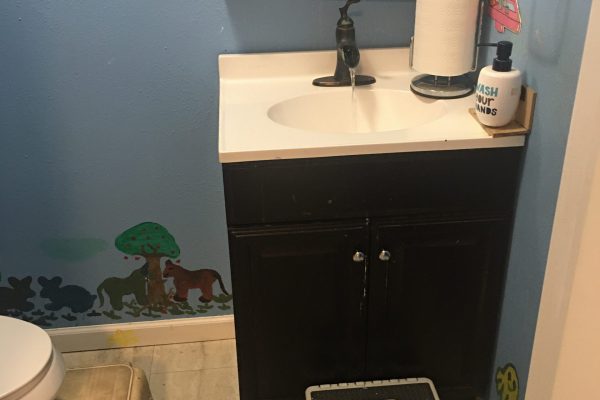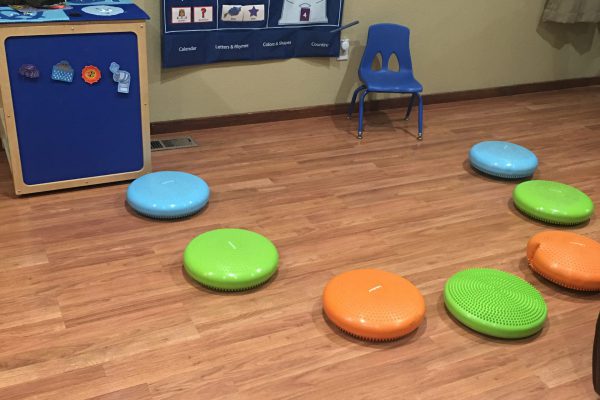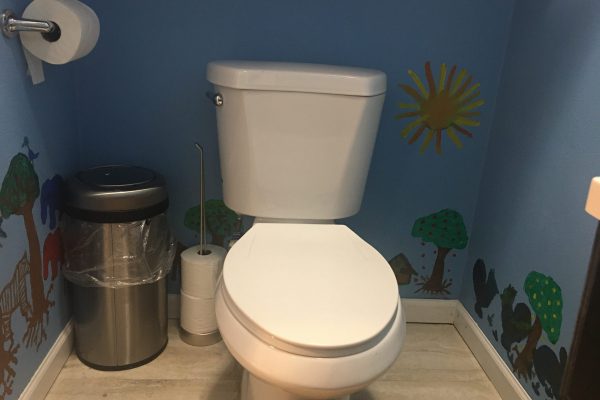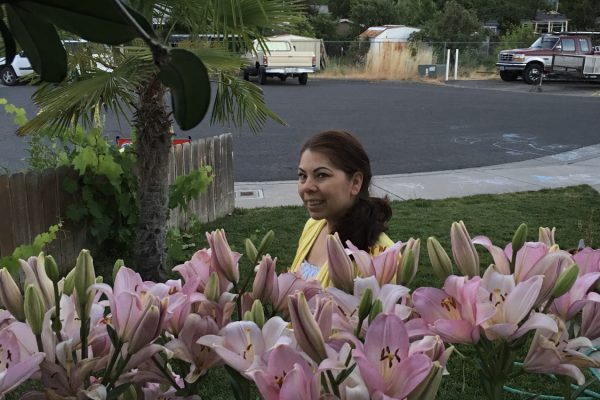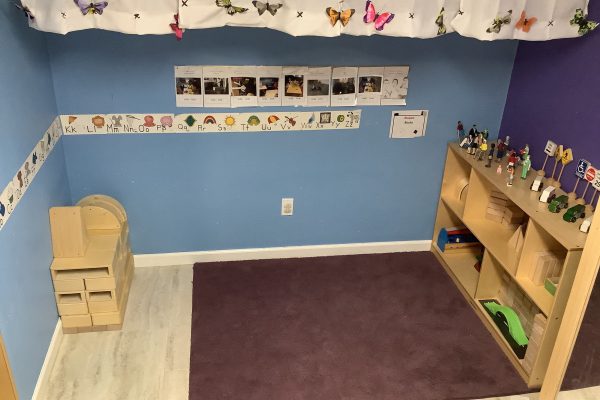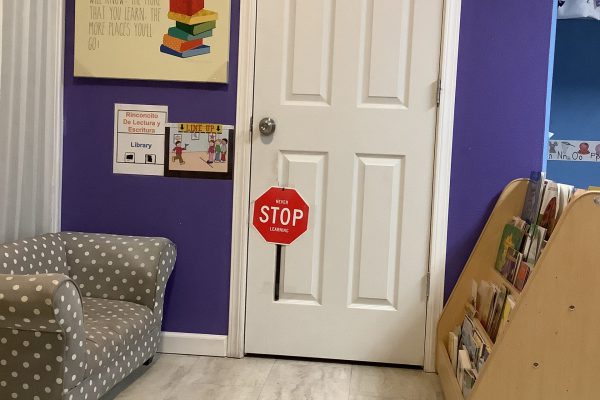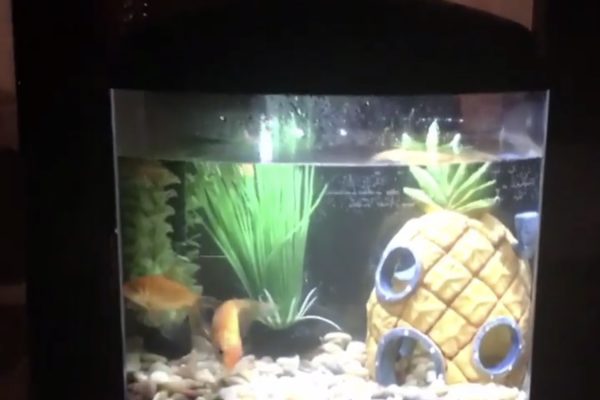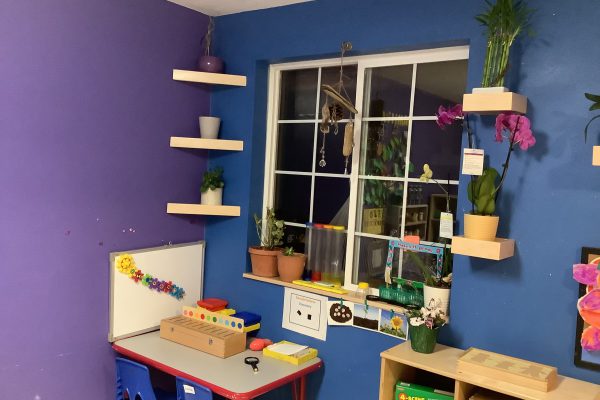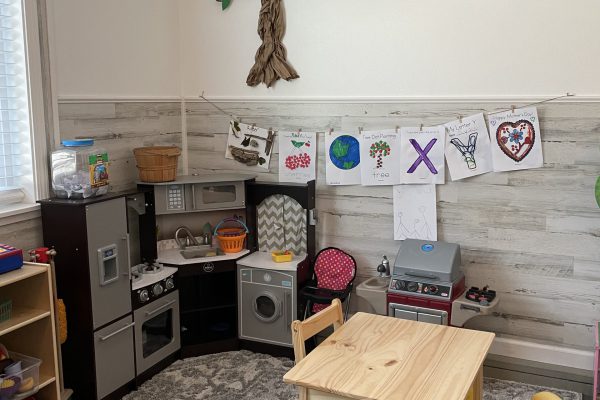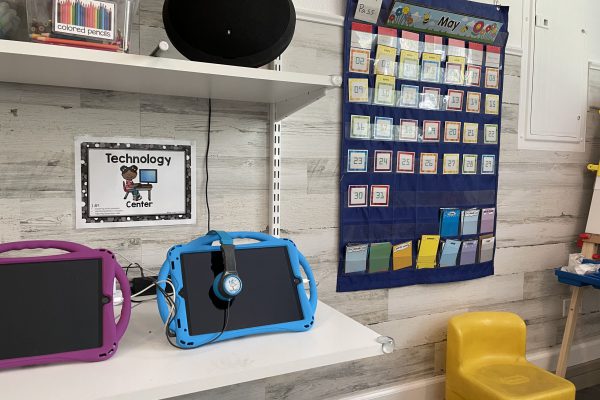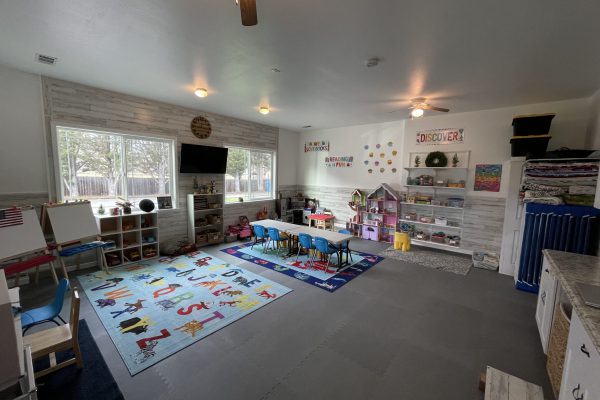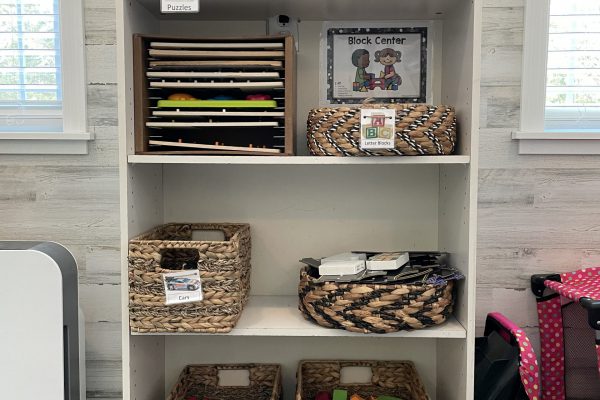2025-2026 program year information coming soon
Address: 109 Horton Cir., Medford, OR 97501
Contact Name: Ermila Alegria
Phone: 541-951-5734
Email: primerosamigos1234@gmail.com
Provider Type: Family Child Care / Home-based Preschool
Program curriculum is primarily offered in: Spanish
Classroom staff can communicate with your child in: Spanish
* Participating Preschool Promise programs are inclusive and open to all children regardless of their primary language. Preschool Promise programs may need to reach out to Preschool Promise coaches for tools and resources to help them support communication in other languages
Program can offer verbal and written communication in the following languages: Spanish
*Program staff may need to use translation tools and/or services to provide communication in other languages to families if needed
Transportation is available: No
Preschool Promise Operating Hours:
- Monday – Friday 8:00 am – 2:00 pm
Does this site offer extended care hours? Yes, but availability may be limited.
- Monday – Friday 7:00 am – 8:00 am
- Monday – Friday 2:00 pm -2:30 pm
Program is currently listed with the Oregon Department of Human Services (ODHS) aka “DHS Listed” and able to accept Employment Related Day Care (ERDC) subsidies? Yes
Preschool Promise Program Year:
- September 6, 2024 – June 3, 2025
Description: The Mission of Primeros Amigos [First Friends] is to offer high quality education, and areas of interest have been prepared to provide a safe and comfortable environment with creative and reflective capacity, rich with training and educational experiences, helping in the formation of moral, ethical, and cultural values that help children to develop all of their abilities and talents, keeping in mind the skills and abilities of each child within a framework of rules that promote individual respect and love for oneself, for others, and for the environment. Promoting committed family participation, which contributes to the success of the child, the family and the community.
The Vision of Primeros Amigos [First Friends] is for all children to receive high-quality education in an environment of equity and inclusion, recognizing that each child is singular, and therefore it is necessary to make individualized adaptations to create strategies to support their development, that is, including making adaptations to cover the needs of each one of the children, where there is no prejudice based on their race, language, or beliefs, avoiding stereotypes, valuing these first years of life, promoting inclusion and diversity.
The Philosophy of Primeros Amigos [First Friends] is to promote the curiosity of every child in a multicultural environment where dignity is provided for their culture, language, beliefs and customs, and in this way the child gets the best performance for his or her development and reinforces his or her own identity. Families are encouraged to collaborate and make suggestions, knowing that their viewpoints will be respected and valued when it comes time to make decisions related to children’s development, therefore I will make sure to show them empathy and sensitivity. A weekly study plan is prepared, designed with activities to support each child, keeping in mind their abilities and their own interests, with a goal being development in all areas, the observations and evaluations of each child being necessary, as they are the guide for covering all their needs. Play is an important tool for developing self-control and promoting language, cognition, and social competency. Knowing that the important thing is that we teach them to recognize their emotions and provide them strategies to be able to regulate themselves, which is necessary for conscious coexistence, which is to say, helping them to develop respect for the dignity of other people and also respect for their own rights and responsibilities as well as those of others, establishing equal relations and avoiding all types of violence, allowing them to prepare their own rules and thus learn to have good relations and work in collaboration with those around them, and in this way inclusion and respect for diversity arises in a natural manner. In Primeros Amigos [First Friends], we follow a mixture of philosophies, primarily Waldorf, the child is encouraged to love, respect and care for our planet so they can make this connection with the environment.
My educational purpose is to be able to have a positive impact on the life of a child, families, and society, and this is why I make sure not to forget my role and the responsibility I have to deliver high-quality education, and therefore I have to pay attention to the methods that I use in teaching, what I teach and the way I do it, including that the way of evaluation must be in a conscious manner. I have learned that when children have time and materials, they express themselves in their way, freely and at their own pace.
Program utilizes social-emotional learning (SEL) curriculum or approach (example: Conscious Discipline, Second Step, etc.): Yes
Experience or Specialized Trainings:
- 13 years providing childcare for families in the city of Medford, Oregon
- 7 years specializing in the preschool age.
- 50 credits at RCC, 3 [stars] in Spark, and 8.5 in ORO.

